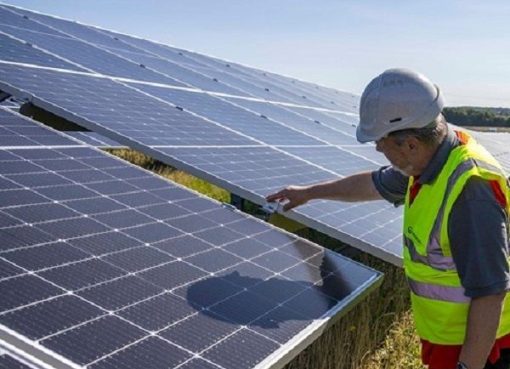The Federal Aviation Administration (FAA) has disclosed a list of 50 US airports that will have buffer zones when wireless carriers turn on new 5G C-band services across the country on January 19 2022.
The FAA’s list includes airports in New York City, Los Angeles, Chicago, Las Vegas, Minneapolis, Detroit, Dallas, Philadelphia, Seattle and Miami.
The FAA said the list does “not necessarily” mean that low-visibility flights cannot occur at airports that are not among the initial 50. AT&T and Verizon, which won nearly all of the C-Band spectrum in an $80bn auction last year, declined to comment when invited by Reuters.
The FAA subsequently renewed its warnings that, despite the agreement, 5G wireless service could still disrupt flights, saying “even with the temporary buffer around 50 airports, 5G deployment will increase the risk of disruption during low visibility” including “flight cancellations, diverted flights and delays during periods of low visibility.”
Some major airports – such as Denver, Atlanta and Ronald Reagan Washington National – are not on the list because 5G is not yet being deployed in those areas, while others are not on the list because “5G towers are far enough away that a natural buffer exists.”

“If there’s the possibility of a risk to the flying public, we are obligated to pause the activity, until we can prove it is safe,” the FAA said in a statement.
On Friday (January 7), Kevin Burke, president and CEO of ACI-NA, who also heads the association representing US and Canadian airports, said that the FAA list “is largely irrelevant because the entire aviation system is about to be adversely impacted by this poorly planned and coordinated expansion of 5G service in and around airports.”
Burker added that the “so-called fix will create winners and losers within the airport community and the entire aviation system will suffer under the terms of this deal.”
Airlines for America, a trade group representing US passenger and cargo carriers, said it appreciated the “FAA’s efforts to implement mitigations for airports that may be most impacted by disruptions generated by the deployment of new 5G service.”
Source: E&T










